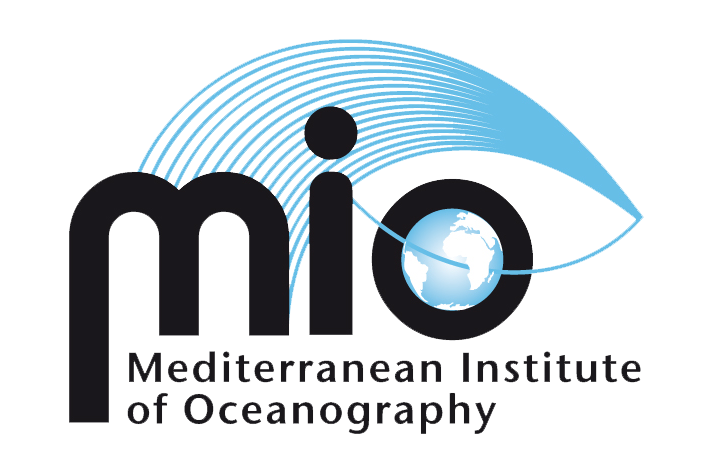Workshop SOOT-SEA University of Science and Technology of Hanoi, 21-22 October 2019
The MIO organized an international workshop at the University of Science and Technology of Hanoi (USTH) on 21-22 October 2019, gathering 35 researchers from South East Asia and France. The aim of this workshop was to develop a project of a regional monitoring network of Black Carbon in South East Asia, addressing the concentrations and characteristics of Black Carbon in the atmospheric, fluvial (Red River, Mekong, Chao Phraya, Irrawaddy) and marine realms. This workshop was funded by the International Scientific Coordination Network – South: “Impact of Black Carbon in South East Asia” (GDRI-Sud SOOT-SEA).
This project of regional observatory of Black Carbon should be submitted to the Fonds Français pour l’Environnement Mondial (FFEM) in 2020. The long-term objective of the project is to reduce Black Carbon emissions to curb air pollution (SDG 11), marine pollution (SDG 14), global warming (SDG 13), to improve health (SDG 3) and ecosystems (SDG 12), and to promote gender equality (SDG 5) and regional interrelations (SDG 17).
While the actual “climate outcome” of the Paris Agreement (PA) will depend on the implementation of Nationally Determined Contributions (NDCs), scientific-based evidence are required to encourage actions for reducing emissions and the establishment of adequate national and regional legislative environments, and for the definition of NDCs. This is particularly true in the realm of Short-Lived Climate Pollutants (SLCPs), such as Black Carbon. A commitment to reduce global emissions of Black Carbon would be a key step towards mitigating climate change, while providing collateral benefits for public health and environmental quality, and hence aligning the PA with the UN Sustainable Development Goals (SDGs).
Benefits from such a regional monitoring network at the scientific level would be: the improvement of emission inventories in SEA, and of transport and deposition models, the determination of deposition and fluvial fluxes. Benefits would also be to increase the regional integration of the scientific community around a South East Asian’s transboundary issue.
To succeed, the project will mobilize various stakeholders, from scientists to civil society, to guide on the basis of the evidence the decision makers, community and individuals reforming the national regulative environment, upgrading their NDCs by adding Black Carbon control targets, fostering behavior change and evaluating the impact of BC emission reduction efforts

